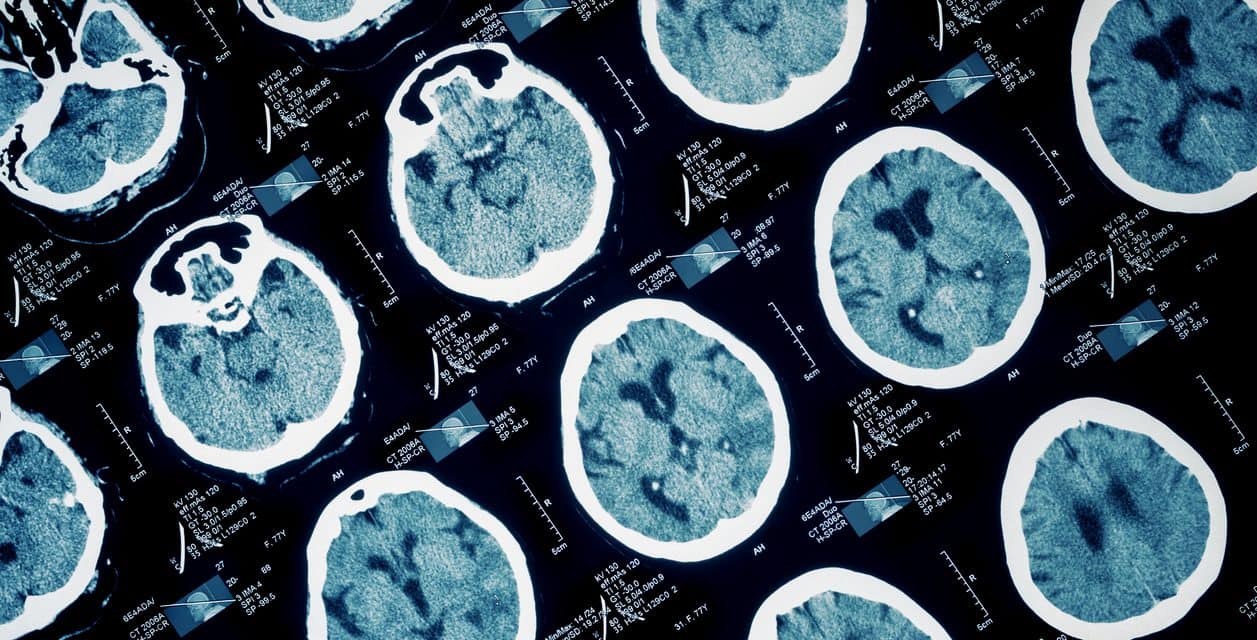The study was done to analyse autoantibody status in a well-defined European multicentre cohort of patients with epilepsy of unknown aetiology and to validate the recently proposed APE2 and RITE2 scores.
92 patients with new-onset epilepsy, status epilepticus or chronic epilepsy of unknown aetiology, referred to the Neurology Units of Verona and Salzburg were chosen and retrospectively collected clinical and paraclinical data. Fixed and live cell-based assays, tissue-based assays, immunoblot, and live rat hippocampal cell cultures were performed in paired CSF to detect antineuronal and anti glial antibodies. The APE2 and RITE2 scores were then calculated and compared with clinical and laboratory data.
Autoantibodies were detected in 29/92 patients, with multiple positivity observed in 6/29 cases. The APE2 score significantly correlated with antibody positivity, especially for the presence of neuropsychiatric symptoms, movement disorders, dysautonomia, faciobrachial dyskinesias and cancer history. Status epilepticus was significantly more frequent in antibody-negative patients. Among the items of the RITE2 score, early initiation of immunotherapy correlated with a good treatment response, whereas a cancer history was significantly more common among non-responders. Persistence of neuropsychiatric symptoms and seizures correlated with antiepileptic maintenance after at least 1 year.
The study concluded that independently validates the APE2 and RITE2 scores and includes the largest cohort of patients whose paired serum and CSF samples have been tested for autoantibodies possibly associated with autoimmune epilepsy.
Reference: https://jnnp.bmj.com/content/91/11/1145


